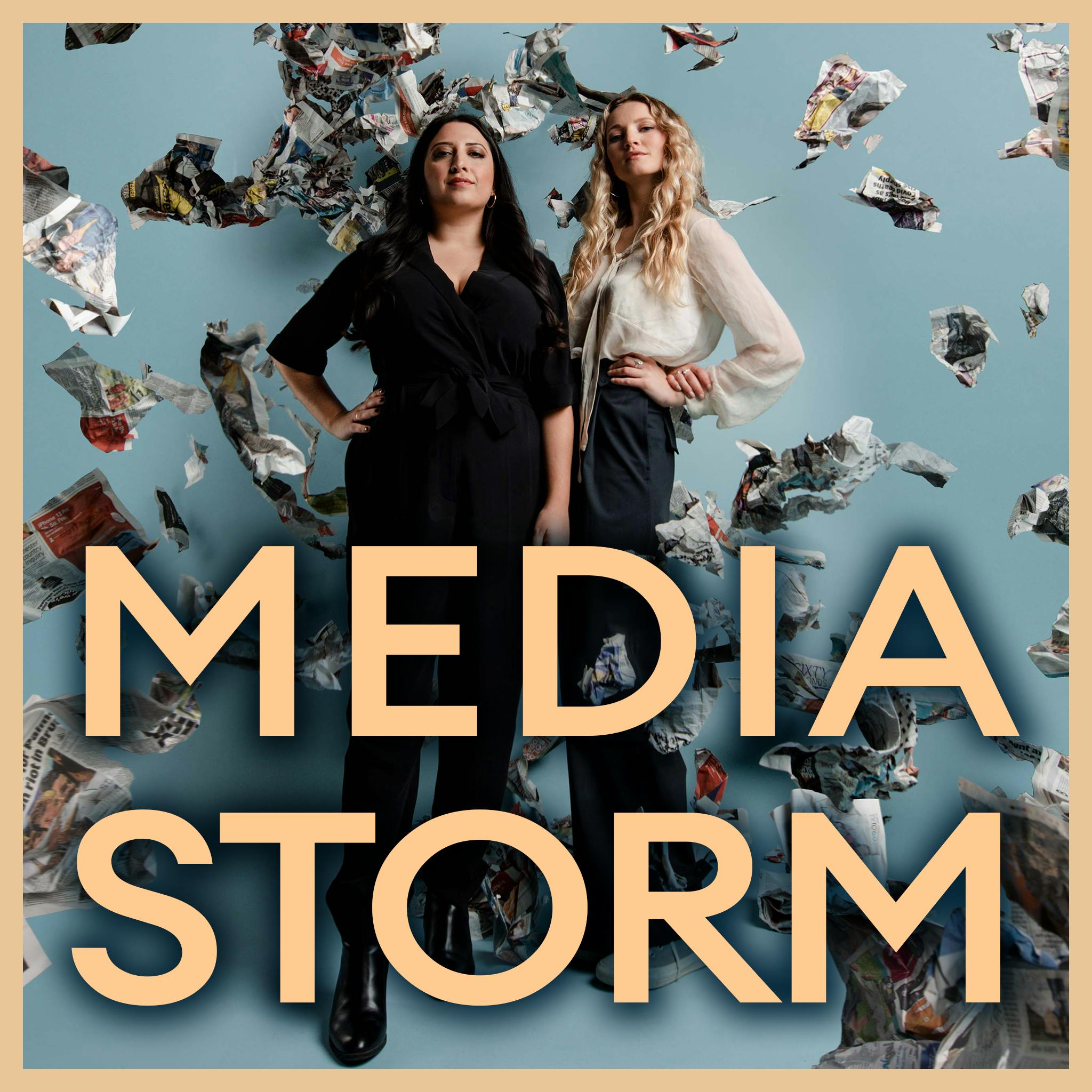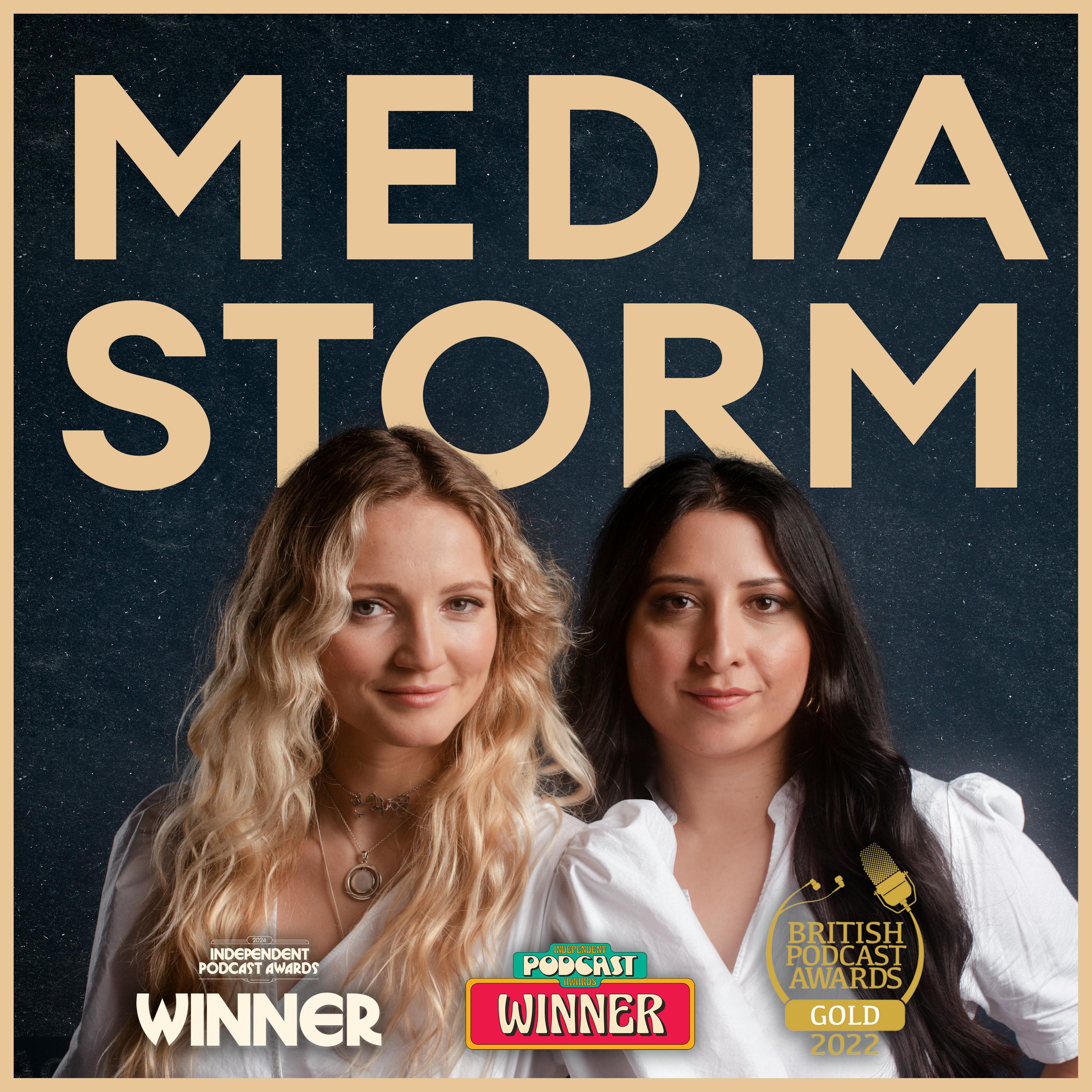
Deep Dive
Why does media coverage in the UK and US often omit the human impact of nuclear warfare?
Media coverage in the UK and US often omits the human impact of nuclear warfare because it tends to focus on the abstract and geopolitical aspects, rather than the real consequences like severe injuries, long-term illnesses, and the collapse of essential systems. This abstract portrayal helps maintain public support for nuclear arsenals and avoids undermining the narrative of nuclear deterrence.
Why do nuclear-armed states continue to believe in nuclear deterrence?
Nuclear-armed states continue to believe in nuclear deterrence because it has been accepted almost as a matter of religious dogma. However, there is no evidence that deterrence guarantees safety or prevents World War III. In fact, we have come close to nuclear war multiple times, and it has been luck, not deterrence, that has prevented it. Additionally, the deterrence argument is often used to justify the maintenance and modernization of nuclear arsenals, which is a profitable game for defense contractors.
Why are survivor voices missing from the nuclear weapons debate in Western media?
Survivor voices are missing from the nuclear weapons debate in Western media because the media often focuses on abstract, militarized, and depersonalized narratives. Governments and media want to maintain support for nuclear arsenals and avoid undermining the deterrence argument. Survivor voices, especially from Hiroshima and Nagasaki, provide a stark reality of the human suffering caused by nuclear weapons, which is often sidelined.
Why are the hidden costs and dangers of nuclear weapons not widely reported in the media?
The hidden costs and dangers of nuclear weapons, including the production, storage, and testing, are not widely reported in the media because of a combination of legitimate national security concerns and a desire to maintain public support for nuclear arsenals. Additionally, the debate is heavily influenced by powerful defense contractors who spend millions on lobbying to ensure these costs and dangers remain underreported.
Why is the Treaty on the Prohibition of Nuclear Weapons rarely mentioned in the UK and US media?
The Treaty on the Prohibition of Nuclear Weapons is rarely mentioned in the UK and US media because it undermines the prevailing narrative of nuclear deterrence. Media in these countries tends to defer to the official government stance that nuclear weapons are necessary for security, and coverage of alternative treaties and perspectives is often ignored or minimized.
Why do journalists and politicians dismiss anti-nuclear voices as naive or unrealistic?
Journalists and politicians often dismiss anti-nuclear voices as naive or unrealistic because the idea of nuclear deterrence has been entrenched as a dogma. They claim that nuclear weapons are essential for preventing global conflict, despite evidence of near-misses and the catastrophic potential of nuclear war. This dismissal is part of a strategy to maintain public support for nuclear arsenals and to downplay the risks.
Why does the media focus more on the geopolitical necessity of nuclear weapons rather than their human impact?
The media focuses more on the geopolitical necessity of nuclear weapons rather than their human impact because it serves the interests of governments and defense contractors. Portraying nuclear weapons as a necessary deterrent avoids discussing the profound human suffering and long-term consequences of their use, which could lead to increased public demand for disarmament.
Why was the Oppenheimer movie criticized for its lack of representation of nuclear victims?
The Oppenheimer movie was criticized for its lack of representation of nuclear victims because it showed the scientific and military aspects of nuclear development but did not depict the human suffering caused by the atomic bombs in Hiroshima and Nagasaki, or the impact on downwinders from nuclear testing. This omission reinforces an abstract and depersonalized narrative of nuclear weapons, which is frequently criticized for ignoring the real human impact.
Why is there a lack of coverage about the lobbying efforts of defense contractors in the nuclear weapons debate?
There is a lack of coverage about the lobbying efforts of defense contractors in the nuclear weapons debate because these corporations spend tens of millions of dollars annually to influence policy and media narratives. Their lobbying ensures that the conversation remains dominated by the benefits and necessity of nuclear weapons, rather than the costs and risks. This creates an unlevel playing field and prevents an honest public discussion.
Why are there calls for a ban on zombie knives and ninja swords in the UK, and what is the wider context?
There are calls for a ban on zombie knives and ninja swords in the UK because of concerns over youth violence and knife crime. However, this focus on specific weapons is seen as addressing symptoms rather than causes. The wider context is that early intervention, youth empowerment, and better education are more effective solutions, but these are often ignored in favor of sensationalist bans.
- Podcast introduction and sponsorships.
- Outro segment with credits and social media information.
Shownotes Transcript
Nuclear weapons: peace in our times, or destruction in our future?
What you think probably depends on where in the world you are - because what journalists write generally depends on where in the world they are.
Here in the UK, nuclear weapons are a necessary deterrent, and that’s the end of the story. The coverage is coloured by geopolitical considerations and political voices, while scientific and humanitarian ones are absent.
That’s why Media Storm is bringing in a Nobel-winning physicist and a Japanese peace activist to dig deeper. Dr Ira Helfand) and Yumiko Sakuma) join us for (heads up) our scariest Media Storm episode yet.
What would survivors tell us if we gave them a voice? What hidden risks are going unreported? Who gets rich from fuelling the arms race? And what would actually happen if nuclear warfare broke out?
Also: is there another way?
Plus – your weekly Media Storms: Zombie knives and ninja swords, doubt in the details of a Telegraph article about benefits - and why Boris Johnson knows nothing about Bridget Jones. Also, sausages.
Hosts: Mathilda Mallinson (@mathildamall)) and Helena Wadia (@helenawadia))
Music: Samfire (@soundofsamfire))
Assistant Producer: Katie Grant
Support Media Storm on Patreon) - and help us out by sending your favourite episode to 3 of your favourite people!
Learn more about your ad choices. Visit podcastchoices.com/adchoices)
